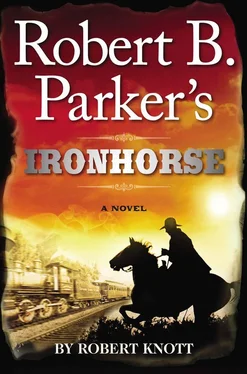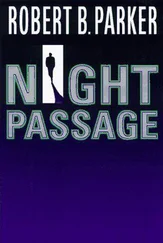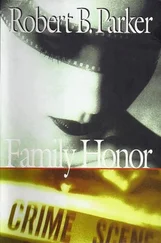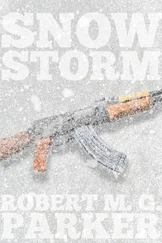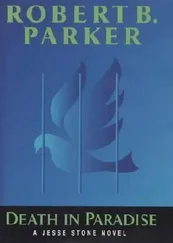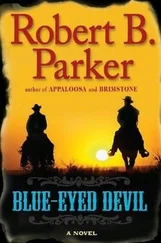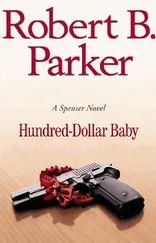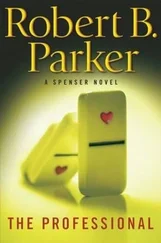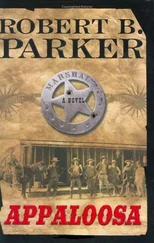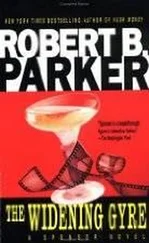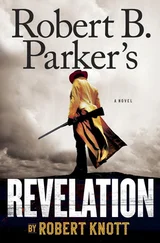Jenny looked to Virgil and he glanced up to the clock.
“Yes,” the governor said as he slowly got to his feet. “Send that.”
Jenny quickly pounded out the message on the key. She sat back in her chair and looked up at the clock on the wall. The time was half past seven o’clock. Jenny turned her chair sideways at the desk. She looked to the governor and Virgil before turning her attention back to the sounder sitting on the desk. All of us in the room looked to the sounder and waited.
Uncle Ted and the Ironhorse continued working, clearing the track. The big engine towed the burnt Pullman into the yard, making the windows of the telegraph office rattle. It was now a quarter past eight o’clock. The sounder sitting on the desk in front of Jenny had remained silent, and we had heard nothing back from Richard III. There had been no activity at all on the line since Jenny sent the wire to Ernest C. in Tall Water Falls. Virgil sat in the corner of the office with his hat down over his eyes, the governor was pacing slowly back and forth in the corridor of the depot where Berkeley and Hobbs sat half asleep on a bench, and I stood looking out the window, watching Sam walking next to the Ironhorse. I turned from the window and sat in a chair next to the desk. Jenny looked up from a book she was reading about Egyptian pyramids and smiled. For a girl who fancied herself as a man, she was attractive. Her skin was the opposite of Sam’s weathered complexion; Jenny was honey-colored and smooth. She looked as though she had never spent a day in the sun.
I looked at the connections on the key, relay, and sounder that were sitting on the telegraph desk in front of her.
“Everything been working good here, Jenny?”
“It has,” she said. “It’s all old as the hills, belonged to my father, but it’s J. H. Bunnell and Company equipment and works better than most of the new stuff.”
“Batteries are good?”
“They are,” Jenny said. “The whole series circuit from Paris to Fort Smith has been very reliable, no problems.”
The governor poked his head into the office.
“Marshal, Deputy?” the governor said.
Virgil lifted his hat from his eyes.
“I need to let my wife know what’s happening.”
“We’ll be right here,” Virgil said.
The governor gazed at the sounder sitting on the desk.
“I’ll walk with you,” Hobbs said as he got to his feet.
The governor glanced back to Hobbs and looked to Virgil.
“Marshal,” he said, “if this madman responds, and I pray to God in Heaven he does, I implore you and your deputy might provide the necessary backbone and tactical maneuvers and whatever Lord knows what else might be needed for this exchange to be successful.”
Virgil looked at me.
“I will pay you handsomely,” the governor said.
“No,” Virgil said.
“No?”
“No,” Virgil said as he got to his feet.
The governor was at a loss for words.
“Won’t be any need for your handsome pay. My deputy and me are territorial marshals. Wards of Congress. Federal government pays us, and providing we are still alive when each payday comes around, we get paid regularly.”
“It’s what we do,” I said.
“It is,” Virgil said.
“Then you will do it?”
“Sure.”
“Good.”
“Of course, we’ll need you to supply the necessary wherewithal for the exchange.”
The governor took a step toward Virgil.
“In that freight car out there,” he said, pointing out the window to the section of coaches now on the dead-end track behind the water tower, “you’ll find two crates addressed to the University of Kansas, Department of Epidemic Research. Each is marked boldly with warnings — caution, handle with care, deadly bacteria, hazardous materials, skull and crossbones stenciled on them — that sort of thing. Inside each, you will find two hundred and fifty thousand dollars in thousand-dollar bills. I want to make sure we give that son of a bitch that money, all of it, and get my daughters back.”
With that, the governor turned and walked off down the long depot corridor, and Hobbs followed.
Uncle Ted let out two long whistle blasts from the Ironhorse, and the windows of the telegraph office started vibrating again as the big engine moved away from the burnt-out Pullman and powered back onto the main track. Sam closed the switchgear behind Uncle Ted and walked back toward the depot beside the Ironhorse as it started building steam and heading north. Sam looked up to Uncle Ted and said something. Uncle Ted nodded and gave her a thumbs-up. The Ironhorse thumped loudly as it got closer to the depot. When the big engine passed the telegraph office, Uncle Ted gave a slight wave to Jenny and stomped on by up the track. After the loud rumbling of the Ironhorse passed and the vibration stopped, Jenny sat up like she had a fish on the line, and I heard what she heard, the clicking of the sounder.
The governor rushed back to the depot with Hobbs, and Jenny read the telegram:
Sundown tomorrow, tethered under a redbud tree next to the last switch in the south mountain pass, you will find a mule. Fill the mule’s panniers, then set the mule free. Ample time is provided for your swift rouncey to make the pass by tomorrow night.
“Rouncey?” Hobbs said, interrupting Jenny. “What in God’s name is he talking about?”
“Rouncey,” Berkeley said, “is a horse. He’s talking about a horse.”
“There’s more,” Jenny said.
“Go on, Jenny, please,” the governor said.
Jenny nodded and continued:
When the freight is received, the operator will provide instructions where to locate progenies. Traveling north past the switch or trailing the mule (which would provide only levity) will prompt expiration of merchandise. — RICHARD III
Jenny looked up at us.
“That’s it,” Jenny said. “No sine on this, either, but this note was pounded by Ernest C. from Tall Water Falls for sure.”
“Richard the Third. Levity. Good Lord,” Hobbs said. “Expiration of merchandise. A mule? My God. Absolute madness.”
“Hell, that’s at least sixty miles from here,” Berkeley said. “He’s giving you what is left of today and all day tomorrow to travel sixty miles up rough country. Be hard pressed to get there by nightfall tomorrow if you left right now.”
“That’s true,” Sam said. “The pass he’s talking about is five and a half miles past Crystal Creek. Ten miles this side of Tall Water Falls.”
“From what we’ve seen of this line, most likely not an easy ride, either,” I said.
“I’d say not,” Sam said.
“Hell, no, that is what I am saying,” Berkeley said. “It is not.”
“It’s rough, rocky,” Sam said.
“Especially if you follow the tracks all the way up,” Berkeley said.
“There is a trail that is straighter, but that’s rough, too,” Sam said. “Not really traveled much anymore, not since the rail.”
“The last section was where Mr. Hobbs and Lassiter picked up the ride from the teamster coming down from the Half Moon mining camps to get here. That is a straight shot,” Berkeley said, “but above that, going north, it’s just hell, bad road.”
“What is the terrain up there?” Virgil asked.
“At the pass?” Sam said.
“Yes,” Virgil said.
“Steep up on both sides,” Sam said. “Damn near straight up.”
“A mule?” Hobbs said. “What in God’s name is this man thinking?”
“Smart,” I said.
“Is,” Virgil said.
“Like a homing pigeon,” Berkeley said.
“Yep,” Virgil said.
“And in this case, most likely just as hard to follow,” Berkeley said. “Not to mention it’ll be dark.”
Читать дальше
